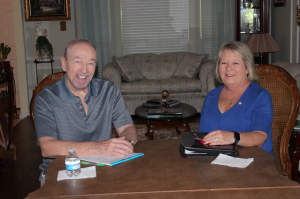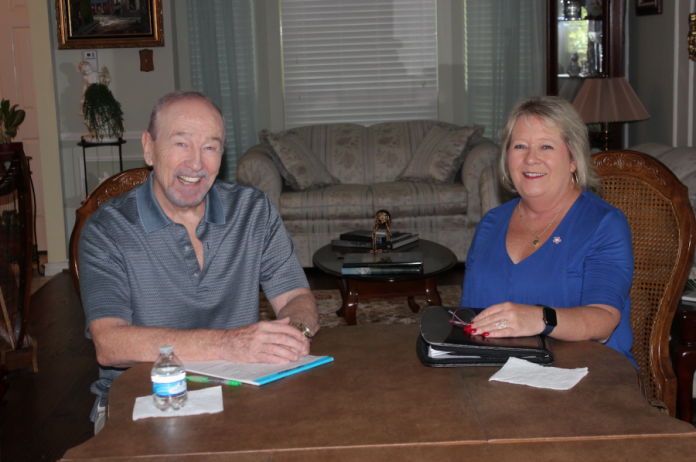
After decades of earnest public-information campaigns, Americans are finally recycling. Airports, malls, schools, and office buildings across the country have bins for plastic bottles and aluminum cans and newspapers. In some cities, you can be fined if inspectors discover that you haven’t recycled appropriately.
But now much of that carefully sorted recycling is ending up in the trash.
For decades, we were sending the bulk of our recycling to China, tons and tons of it, sent over on ships to be made into goods such as shoes and bags and new plastic products. But last year, the country restricted imports of certain recyclables, including mixed paper, magazines, office paper, junk mail and most plastics. Waste-management companies across the country are telling towns, cities, and counties that there is no longer a market for their recycling.
These municipalities have two choices: pay much higher rates to get rid of recycling, or throw it all away. Some are choosing the latter.
In order to provide more information on how waste management companies are dealing with the challenges of recycling, we invited Jeri Harwell, Municipal Services Manager at Republic Services, a waste management company in Lewisville, to come over for an interview.
Ms. Harwell answers some of the most frequently asked questions concerning recycling. The following info is from the company’s website:
“As a leader in the recycling industry, Republic Services is committed to educating consumers on how and what to recycle – we call it Recycling Simplified. On average, one-third of what consumers put in their recycling containers doesn’t belong there. And there aren’t enough resources or technology to reverse contamination once it takes place. Some of these items are contaminated with food or other residue. Think of a ketchup bottle – if there’s still ketchup inside, it’s contaminated and can ruin an entire load of recyclables. Other items people put into their recycling containers simply shouldn’t be there.
“From dirty diapers to garden hoses to bowling balls, non-recyclable materials should be disposed of or donated. We know people want to be responsible and do the right thing to ensure the local recycling programs they know and love are sustainable for future generations. We encourage consumers to take a couple extra minutes a day to think about what they are putting in their containers, and for them to recognize there is a true cost to local recycling programs.”
Consumer Behavior
“Many people are “wish-cycling” – throwing items in their recycling bin that they hope can be recycled. Remember: When in doubt, throw it out. There also shouldn’t be 50 different items in your recycling container! Stick to these materials, and you’ll be doing it right:
Paper and cardboard, metal or aluminum cans, plastic bottles and jugs [and sometimes glass]. We mean it when we say we are making recycling simple. Follow three important rules:
- Know what to throw – [See materials above]. Also check with your local provider for specific details about what’s accepted in your local recycling program.
- Make sure recyclables are Empty. Clean. Dry.
- Don’t bag it. Recyclables should be placed loosely in your container – and plastic bags never belong.
To help consumers know how and what to recycle, we launched our Recycling Simplified campaign. Visit www.recyclingsimplified.com for tips, videos and resources to become a better recycler and reduce contamination rates.”















